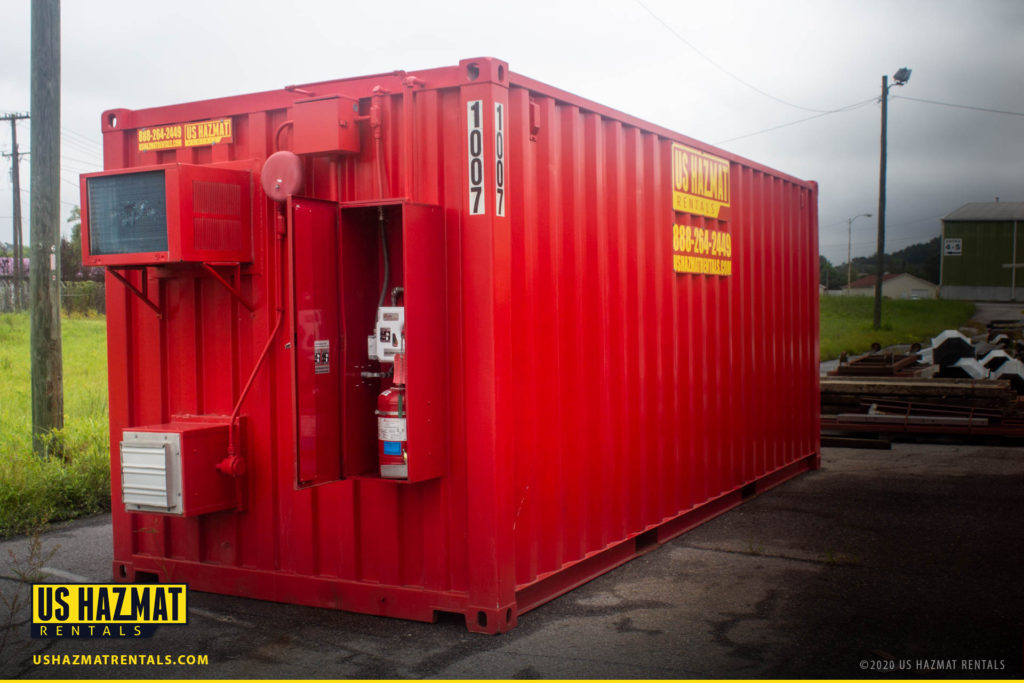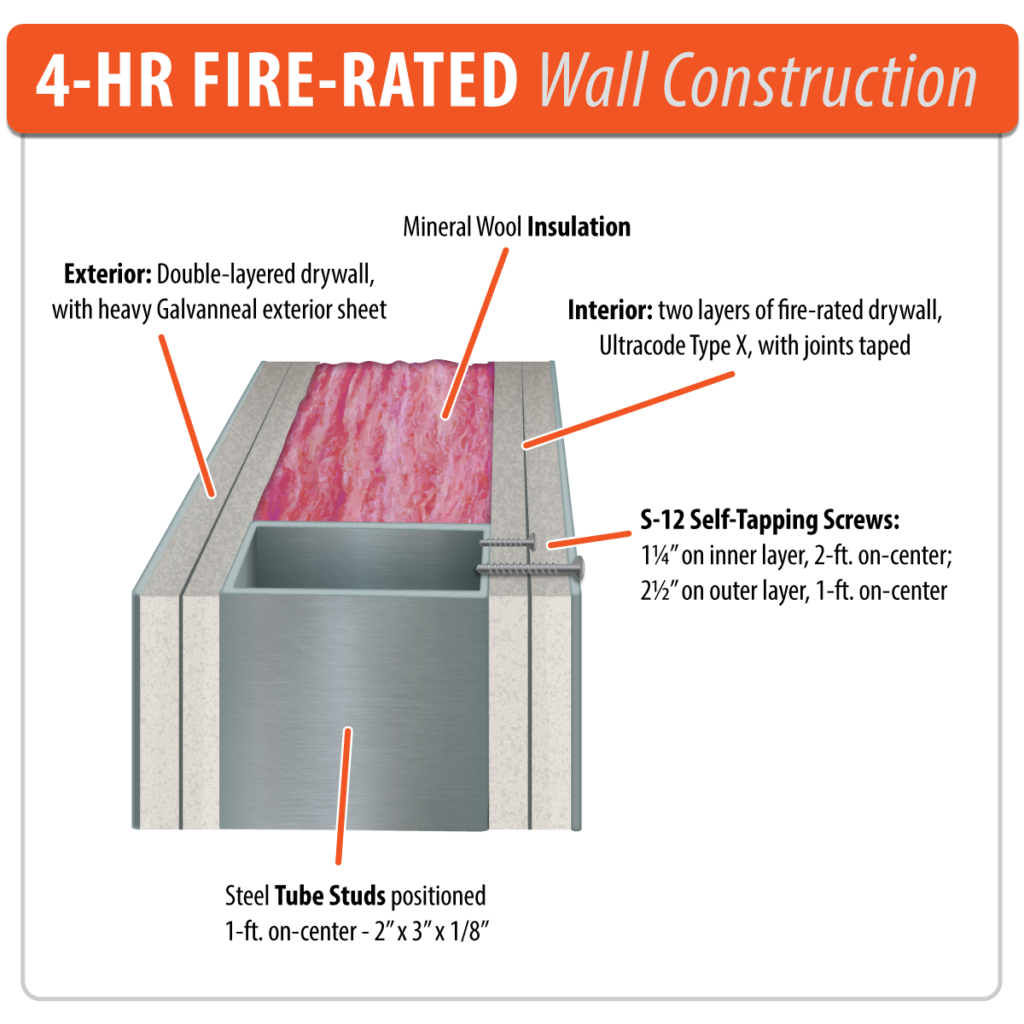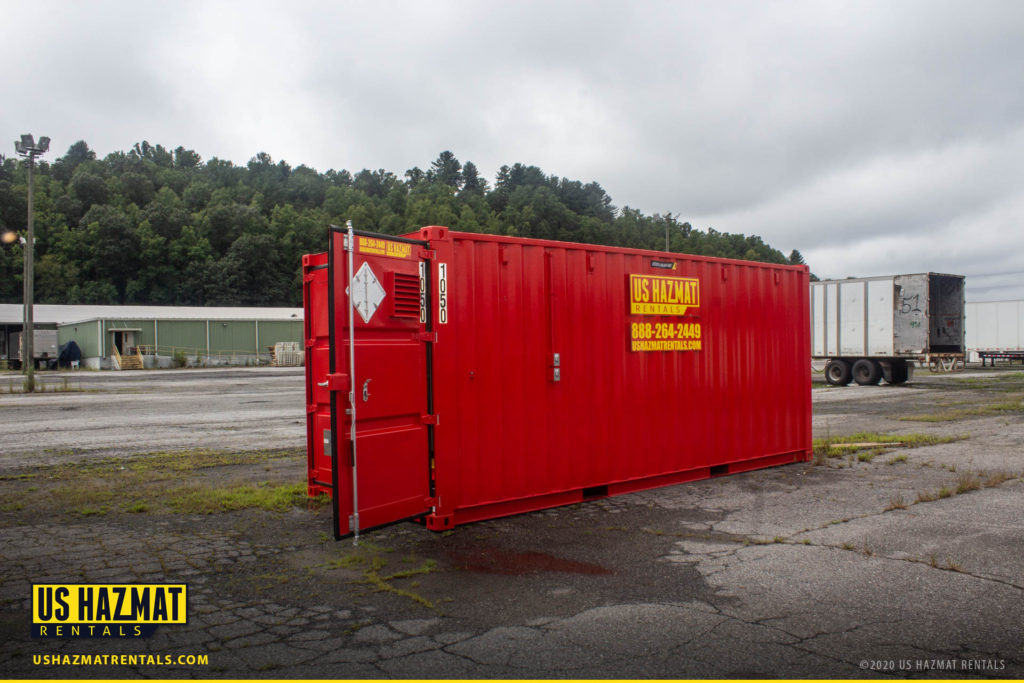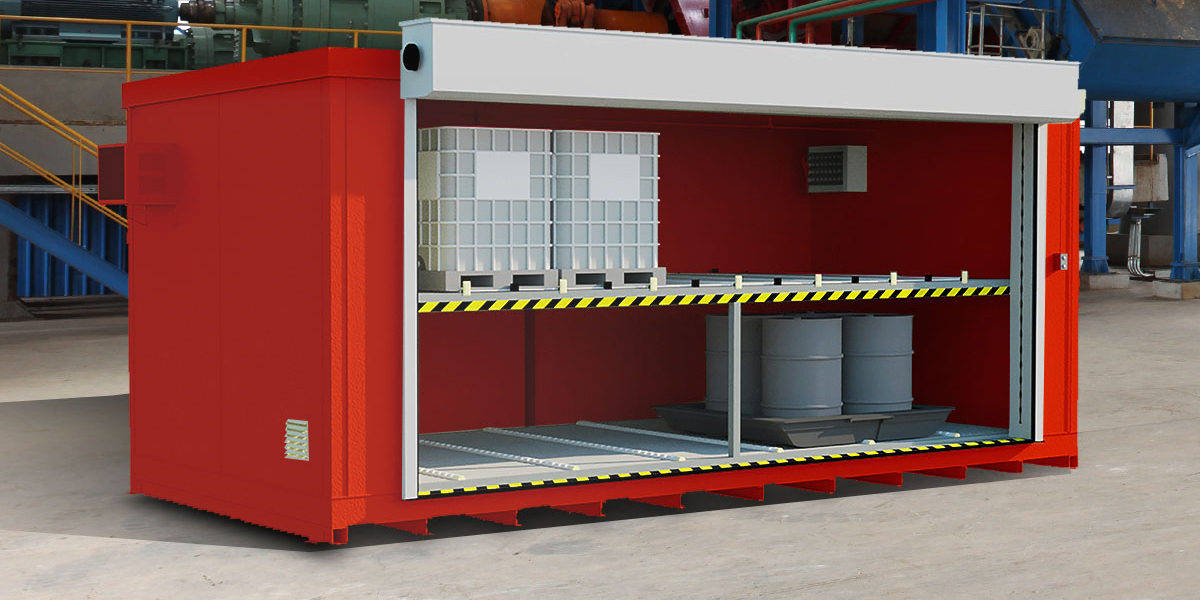Running a successful business is strenuous work. You have to manage an entire workforce, raw materials and a rotating list of projects. Your to-do list is seemingly never-ending. As soon as one task or obstacle is overcome, you’re quickly staring down the barrel of another hurdle to clear. All the while, recurring costs and overly particular customers are nitpicking your work, slowly eating away at your hard earned profits. And of course, it’s always the unforeseen or unaccounted for that costs you the most. These intangibles or emergencies can not only create logistical nightmares in your well-orchestrated operations and chain-of-command, but they can also bankrupt your organization. If you’re like thousands of companies nationwide, you probably handle hazardous materials at some point in your workflow. Even if dangerous chemicals are only used for one stage of manufacturing, you have to put an exhaustive list of safeguards in place. While often overshadowed by other operating costs, a chemical storage locker is a vital cog in your day-to-day operations.
Improper chemical storage can result in hefty civil penalties, which means reduction in profits

Unfortunately, chemical storage is an afterthought. Most project managers don’t weigh the pros and cons of adequate safe protection until it’s far too late. Usually, they’re at the receiving end of a catastrophic explosion or fire before they are scouring the yellow pages for or Google results for compliant chemical protection. By this point, they’re business is likely destined for failure. Mounting legal expenses through an attorney’s office in vain attempt to counter pervasive litigation will rob their organization of precious time, effort and resources. If the civil penalties and legal fees don’t sink these non-compliant entities, the negative publicity from an unrelenting press will surely divert prospective clients. No one wants to do business with a polluter or someone who doesn’t care about employee safety. But how do you counter these nefarious forces? The answer is rather simple. You have to invest in guaranteed chemical protection. Even if your company is never subject to a chemical accident, fire, leak or general breach, you have to put measures in place to avoid potential vines. U.S. Hazmat Rentals’ fire-rated storage lockers can offer a variety of protection for all work-flows and processes.
Four-hour Fire-Rated Protection Within 10-Feet

When storing hazardous materials or dangerous chemicals within 10 feet of sensitive or vulnerable property, you should consider a U.S. Hazmat Rentals 4-hour-fire rated locker. 4-Hour Fire-Rated Structures are engineered and designed specifically for flammable storage safety certification. Our four (4) hour fire-rated storage buildings are for storing combustibles and flammable chemicals. Our chemical storage lockers ensure your company will meet all NFPA and OSHA requirements for your chemical storage needs. U.S. Hazmat Rentals buildings are rigorously tested to hold their structure for over four hours of intense internal blaze. They will contain a barrage of excessively hot gases, liquids, and solids, protecting your workers, your equipment and your facility by providing ample time to evacuate in the case of an incident.
Two-hour Fire Rated Protection When Storing Dangerous Chemicals Within 10-30 Feet of Sensitive Property
When storing hazardous materials or dangerous chemicals within 10 to 30 feet of sensitive or vulnerable property, you should consider a U.S. Hazmat Rentals 2-hour-fire rated locker. Our Two (2) Hour Fire-Rated Structures are designed for storing flammable liquids, chemicals, and combustible materials as required by the authority having jurisdiction. These chemical storage lockers are rigorously tested to hold their structural integrity for over two hours of intense internal blaze. They will contain a barrage of excessively hot gases, liquids, and solids. For chemical storage that is 30 feet or more from property lines, equipment or personnel, consider a non-fire-rated storage locker.
Once you have secure, compliant chemical storage you can focus on what matters most: profits

Adequate steel protection isn’t cheap, but the result of not obtaining necessary safeguards can cost your company millions in the long-run. In a bid to keep their company in the black, many project managers will skimp on a chemical storage locker to pad the bottom line. Any time you gamble with inferior protection – or none at all-you are taking a serious risk with your company’s future. But what many companies don’t realize is that even if they avert tragedy and chemical fines altogether, they are still sending a pretty powerful message to their workforce. If they don’t care enough to invest in viable protection from dangerous materials, they are telling their employees that they don’t value them enough or what they do. This message affects not only worker morale but also employee retention, which can mean lost profits in productivity. You also have to consider the financial side of the hazardous materials game. These substances aren’t cheap. Take petroleum products and paints as an example. These substances might as well be liquid gold.
In addition to on-site protection against spills, leaks, and fire, chemical storage lockers can ensure the consistencies of these chemicals are maintained while in storage. Climate control and mechanical ventilation can keep materials such as paint from thinning out or coagulating. If you constantly have to purchase new materials and supplies due to improper storage, your profits will surely suffer. Then you have also to consider on-site protection from nefarious forces, such as thieves and conniving crooks. Hazardous materials and chemicals are highly sought-after materials that brazen criminals scope out when sizing up potential scores. Quarter-inch steel plating and huge locking doors will force intrepid criminals to look elsewhere for an easy score when they realize the level of steel protection that is set before them. Chemical storage lockers are truly a triple threat when it comes to defending your company against theft, environmental contamination, fire, and hefty civil penalties.






